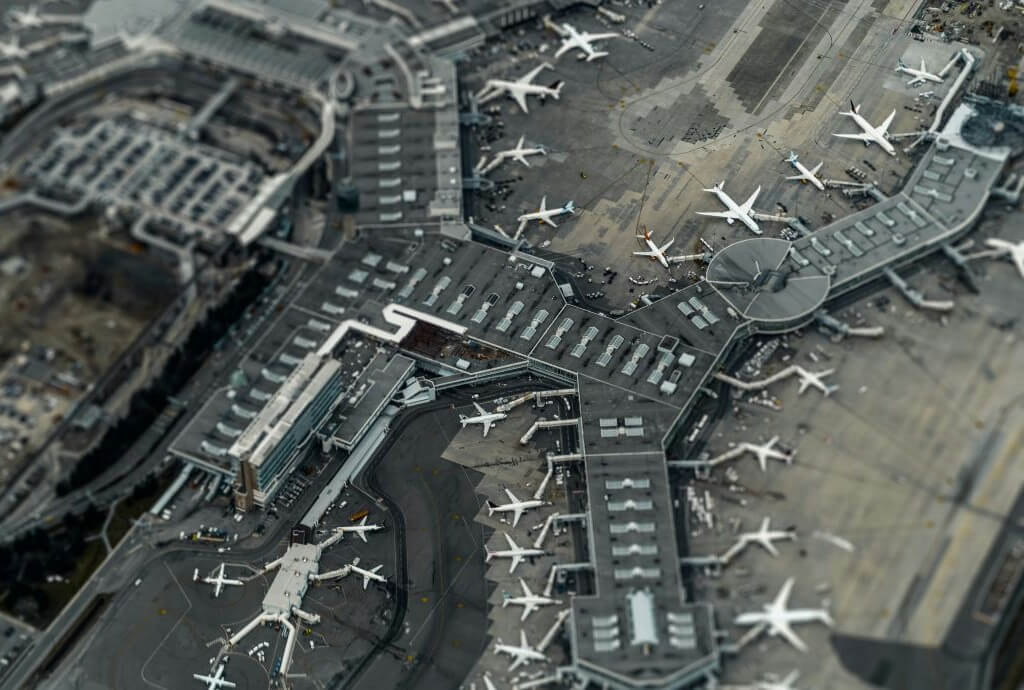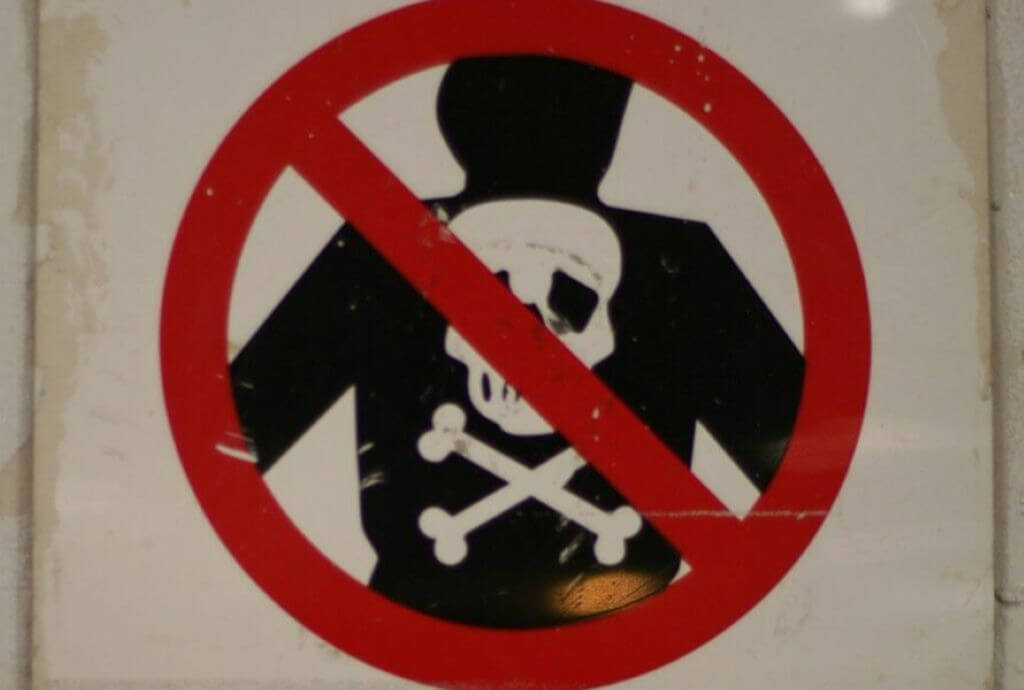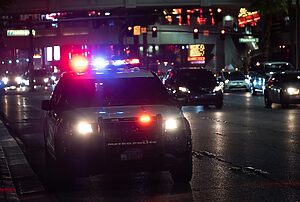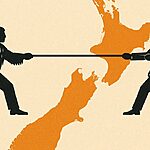Summarised by Centrist
A new report from the Maxim Institute argues that New Zealand’s End of Life Choice Act is giving patients an illusion of autonomy rather than true choice.
The report, Interrogating Choice, warns that euthanasia is easier to access than good end-of-life care, making it less a choice than a consequence of systemic neglect.
“Euthanasia is fully funded. Palliative care is not,” writes researcher Maryanne Spurdle. In many parts of New Zealand, patients cannot access hospice or in-home palliative care services, yet they can receive state-funded euthanasia within days.
The report cites one case where the process from application to death took just two days, with no mandatory cooling-off period. Most euthanasia cases occur within a fortnight.
The report outlines how poor access to trained palliative specialists, especially in rural areas, leaves many Kiwis to choose death over suffering.
Only about 30% of those eligible for hospice care receive it, despite evidence that palliative care improves not only quality of life but longevity.
It also criticises government plans to erode conscience protections. The Ministry of Health has proposed requiring all care facilities to allow euthanasia on-site and pressuring doctors to participate in referrals, even if they object. “This is not neutrality,” Spurdle warns. “It is coercion masquerading as access.”
Another risk, the report argues, is that eligibility criteria are based on flawed or rushed medical judgments. One-third of autopsies show significant diagnostic discrepancies. Yet in New Zealand, doctors are not required to be specialists in a patient’s condition before approving assisted death.
“True choice requires time, care, and support,” said Spurdle. “We are offering patients the final solution without first offering them good care. That is not autonomy. That’s abandonment.”



















